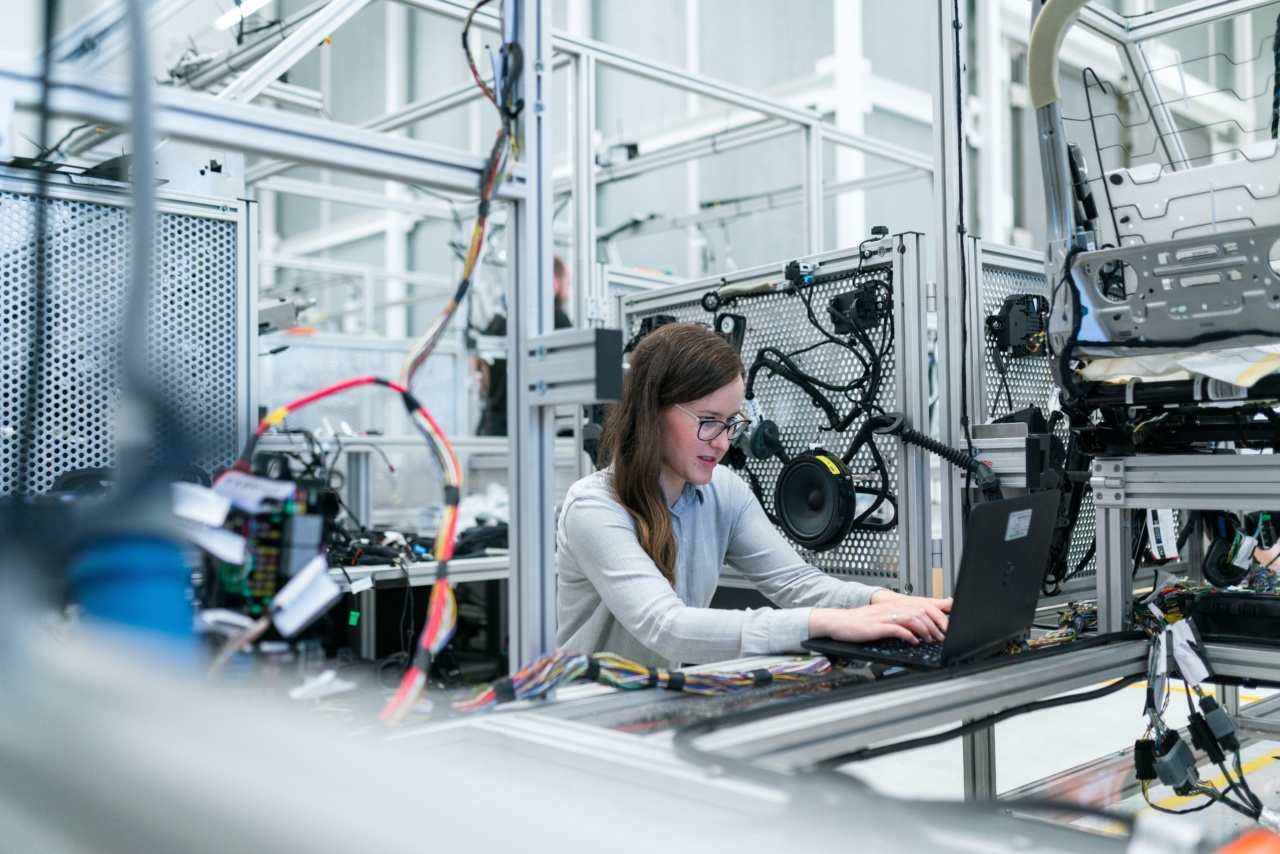In today’s world of ever-evolving technology, it’s becoming easier for people to cheat on a variety of fronts. Technology is changing the way people learn, communicate, and access information.
Unfortunately, this has also improved the ability to engage in cheating and unethical behavior. Advancements in technology have increased cheating in almost every area of life from academics to sports to personal relationships. In this article, we explore the advancements in technology that have led to an increase in cheating.
Ease of Access to Information
One of the most significant advancements in technology that have increased cheating is the ease of access to information. In the past, students had to rely solely on their notes and textbooks to prepare for exams.
But, with the advent of the internet, everything you need to know is at your fingertips. You can search for information on the internet and get instant answers to your questions. This makes it easy for students to cheat during exams by using their mobile devices to search for answers online.
Undetectable Cheating Software
Another advancement in technology that has contributed to an increase in cheating is undetectable cheating software. There are now apps that can help students cheat on exams without getting caught.
These apps use algorithms to change the answers to questions, and some can even bypass anti-cheat software detection. Cheating software is not only in the domain of academic exams. When it comes to video games, there are cheat codes and hacks that players can use to enhance their performance in the game.
Cheating software is widely used in online games, and players are ranked according to their performance. Cheating in games can lead to sanctions, and some players have had their accounts banned for recurring violations.
Texting during Class
In-classroom texting is a prevalent activity among students. No longer are students just passing notes to each other, but they are also using their phones to text answers to their friends.
This behavior is increasing in popularity among students, and teachers are combating it by confiscating phones during class. But students are finding new ways of hiding their phones for personal communication or academic cheating.
Falsification of Academic Work
Students now have the ability to download or purchase essays, research papers, and other academic documents online. The ease of access has led to an increase in the number of students who falsify academic work.
Many of the websites that offer academic documents for download claim to offer original work. But, in reality, they offer pre-written essays or resell academic papers that have been previously written for other students.
Although schools can detect academic falsification through plagiarism detection software, some students have found ways to manipulate the software to evade discovery.
Inexpensive GPS Devices
GPS devices have played a critical role in reducing the complexity of driving and navigation. But, they also make it easy for couples, companies, or family to track their location discreetly.
Because of the ease of access and affordability of GPS devices, people involved in unethical relationships or activities use them to advance their interests.
Online Dating Cheating
Technology has made it possible for people to engage in relationships online and even begin personal relationships through dating apps. But, it has also led to an increase in online dating cheating.
According to a study published by Forbes, approximately one-third of people using online dating services admit to engaging in some form of cheating behavior.
Social Media Cheating
Social media has created a platform for people to connect with others on a global scale. But, it has also made it easier for individuals to cheat.
Social media platforms like Facebook, Twitter, and Instagram all offer channels for extramarital affairs, or emotional cheating.
Computer-based Assessments
Many learning institutions are now using computer-based assessments in place of traditional paper-and-pencil tests. One of the flaws of computer-based assessments is the difficulty of monitoring students during the exam.
Students can have access to notes and the internet while taking the exam, leading to an increase in cheating. Additionally, students can share information about the exam with their peers through chat rooms, email, or social media groups.
Conclusion
In conclusion, advancements in technology have led to an increase in cheating in many aspects of life. From academics to relationships, the ease of access and affordability of technology has given people more opportunities to cheat.
Students can access information and cheat on exams, while individuals in relationships can use technology to pursue relationships with others. Although technology has detriments to cheating, there are also ways to combat it. Universities and educators can employ new technology to detect and prevent cheating, and individuals must be aware of the risks of cheating when using technology.




























